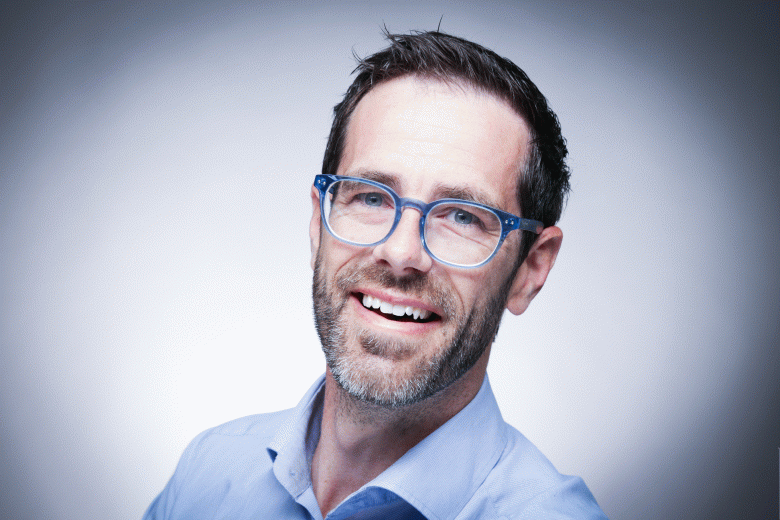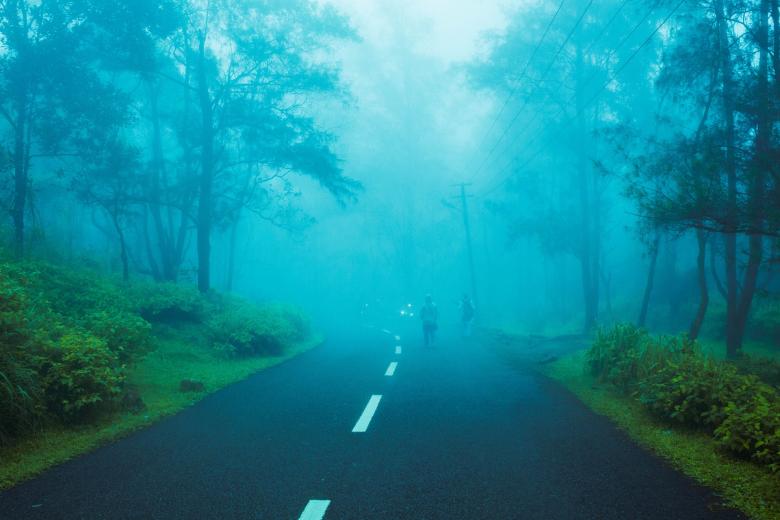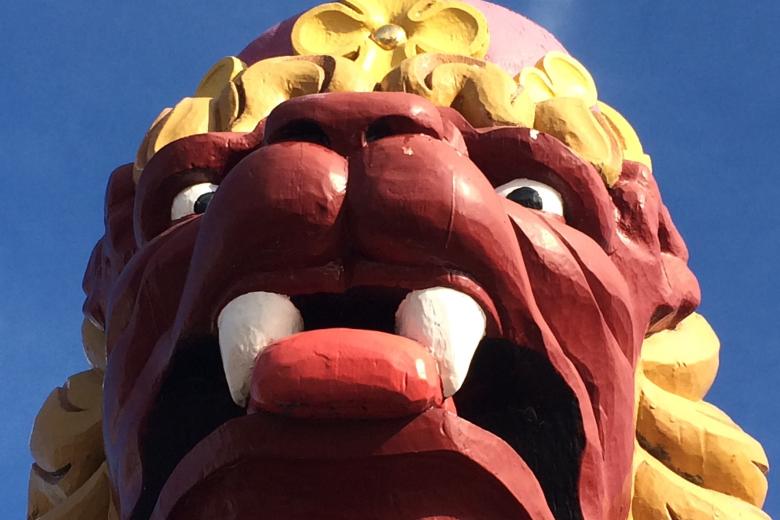How do you counter the denial of the Genocide against the Tutsi?
25 years after the Genocide Against the Tutsi, the denial of this genocide still poses a serious challenge to prevention and reconciliation. How to address this problem was one of the central questions discussed during a recent commemorative conference in the Peace Palace.
Genocide against the Tutsi
On the 17th of April 1994, Romeo Dallaire of UNAMIR sent a cable to the U.N. in New York describing how civilians belonging to the Tutsi ethnic group were executed on the spot at roadblocks that were set up in Rwanda’s capital Kigali. The military, militias and armed civilians did the killing, and it was part of an orchestrated effort by powerful Hutu extremists to wipe out the entire Tutsi population. The victims were innocent men, women and children and they were killed only because they were Tutsi. By the time, the genocidal extermination ended in July 1994, approximately 1.000.000 Tutsi had been murdered.
25th Commemoration: Conference at Peace Palace
Exactly 25 years later, on the 17th of April 2019, more than 200 state delegates, practitioners, civil society representatives and scholars commemorated the Genocide Against the Tutsi at a conference in the Peace Palace (The Hague). Among the eminent speakers were Adama DIENG (UN Special Advisor on Prevention of Genocide), Dr. Jean-Paul KIMONYO (Office of The Rwandan President), Prof. Jan PRONK (Institute of Social Studies), Judge Carmel AGIUS (President of IRMCT), and Beata MUKARUBUGA (Solace Ministries).
Ongoing genocide denial
I was also invited to share the insights of my research on the role that denial played in the perpetration of the Genocide Against the Tutsi. Denial has to be understood as an intrinsic part of the process of genocide. It facilitated the initiation and continuation of the violence and afterwards it served the perpetrators and their supporters in covering up the crimes. Although the extermination of the Tutsi happened 25 years ago, the denial of the Genocide Against the Tutsi remains a pressing contemporary problem, as became clear during the intense debate that took place at the conference. Over the last years, we have seen an increase in the number of denialist pod- and broadcasts, blogs, books and articles. It is a troublesome development because unlike other stages in the genocidal process (persecution, extermination, etc.) that happened in the past, genocide denial is a present manifestation of the genocidal violence. Where genocide is denied, the genocidal violence is still ongoing, with devastating effects for victims.
Critical awareness
Raising awareness on the denial of the Genocide Against the Tutsi is therefore of crucial importance. The problem is however, that compared to the study of Holocaust denial or the denial of the Armenian genocide, the denial of the genocide against the Tutsi receives only marginal scholarly attention. Without a solid body of scholarly research that can inform awareness-raising initiatives, the public will remain largely unaware of the problem and its seriousness. The implications are detrimental because the perpetrators and their denial are well served by this scholarly and public ignorance.
Museum education
To counter the denial of the Genocide Against the Tutsi, I proposed that researchers and organisations, like museums, which are the most powerful educational institutions in this context step up their efforts. Museum education has developed itself as a highly efficient instrument when it comes to raising awareness on the crime of genocide. As such, it is an essential instrument in the toolbox of prevention. However, although genocide denial is the last stage in the perpetration of genocide, genocide museums generally do not address this particular stage of the genocidal process in their permanent exhibitions. I find this problematic, because although museums educate audiences on the history of genocide, they do not educate these audiences on those denial mechanisms that work to obliterate the history that they teach. As a result, their audiences fail to understand a major component of the dynamics of genocide.
I do not claim that genocide museums neglect the problem of genocide denial altogether. Often it is addressed, in seminars and leaflets, etc. and museums do also educate audiences on events of genocide and how they came about. Such knowledge is crucial when it comes to addressing ignorance and fighting denial. It is however not enough to fight denial by teaching audiences the facts about these historical events. Knowledge about what genocide denial entails, what its role is in the process of genocide, how it operates and how it affects victims and the history and memory of the event is of crucial importance. Such a critical awareness allows the public to approach denialist discourse critically, and thereby contributes to curtailing its effects.
| More blogs on Law Blogs Maastricht |
C.A.R. Moerland
Roland Moerland is Associate Professor of Criminology and Law at Maastricht University. He is the director of the Forensics Criminology and Law Master Program.

-
How do the Dutch deal with their colonial past?
The debate on the implications of Dutch colonial rule in Indonesia recently intensified after a report concluded that the Dutch forces had used extreme violence. Reactions to the report reveal that the issue remains controversial and challenging to discuss. The findings in the report do however...

-
Part II: time for the Commission to act - Let us not forget about EU fundamental rights
About a year ago, this blog published my contribution “Let us not forget about EU fundamental rights,” which addressed the situation at the EU’s external borders. At the time, the decision of the ECtHR in the case of N.D and N.T v. Spain, was heavily criticised for failing to protect the right to...

-
Returning colonial-era heritage and the law – looking back to move forward
In the fall of last year, the Dutch Raad voor Cultuur has issued an advice on how the Dutch government and Dutch museums (and the broader public in the Netherlands in general) should deal with the continuing presence of colonial-era heritage in Dutch museum collections. The report constitutes a...
